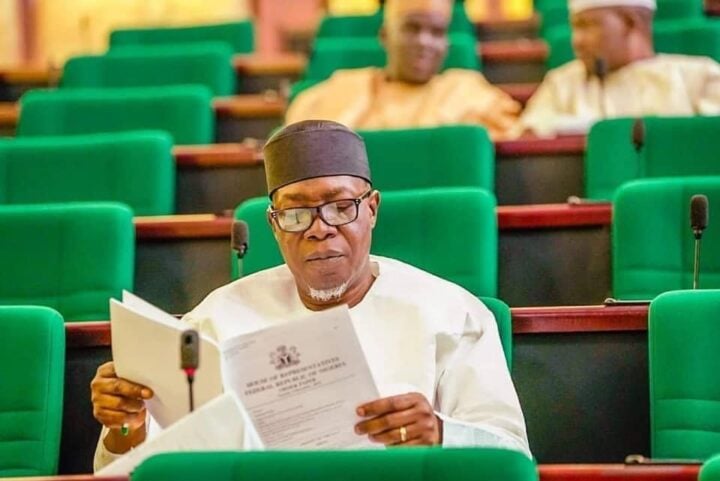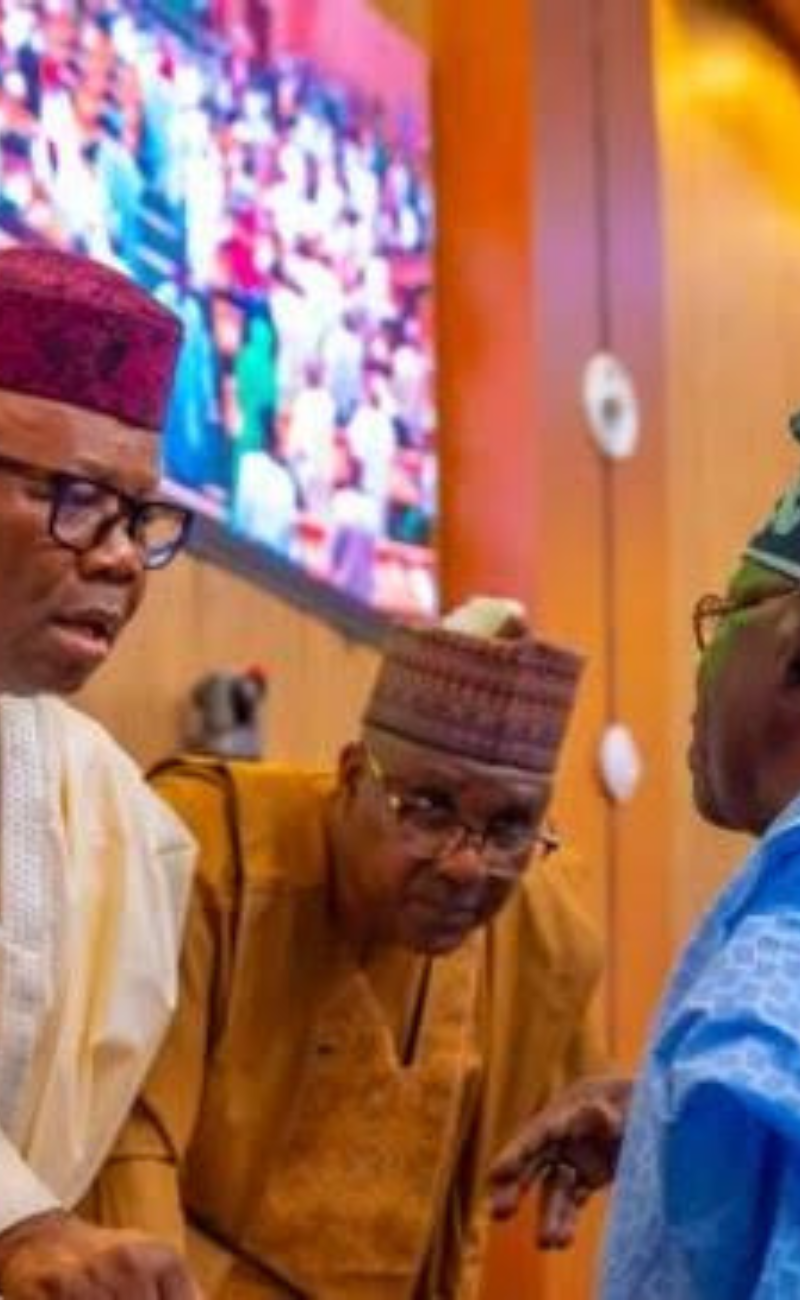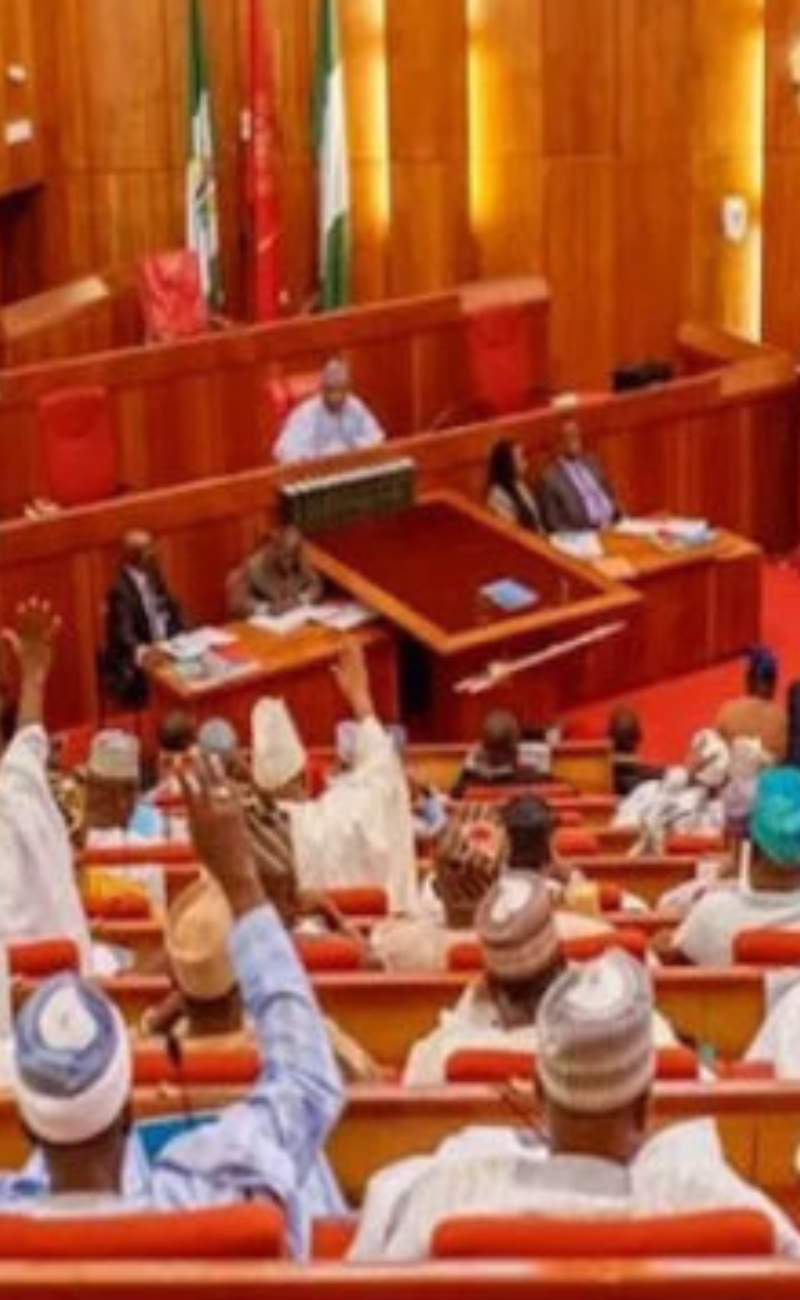In this episode of this Gender Equality and Social Inclusion (GESI) tracker, we spotlight a bill for an Act to Establish Gifted and Talented Centres in the Six Geo-Political Zones in Nigeria.
![]()
The bill presented by Rep. Julius Ihonvbere (APC, Edo), which has passed its third reading in the House of Representatives proposes to establish Gifted and Talented Centres across Nigeria’s six geo-political zones.
This is a commendable step toward improving access to advanced education for exceptional students as these centres are envisioned as hubs where young Nigerians with outstanding intellectual and creative capabilities can be nurtured to achieve their full potential.

But as this bill moves toward final passage, it raises critical questions through the lens of Gender Equality and Social Inclusion (GESI): Who will have access? Who might be left behind? And will these centres be tools for true inclusion or silent reinforcers of privilege?
Potential GESI Benefits
The bill presents opportunities to promote regional balance and identify talent beyond the traditional urban elite. By placing centres in all six geopolitical zones, it attempts to decentralize educational opportunity and expand access to underrepresented areas.
If implemented inclusively, the centres could discover and nurture gifted students from disadvantaged backgrounds, girls, students with disabilities, and rural youth, who may otherwise never have access to such resources. These centres could serve as pathways to leadership and innovation for students who typically remain on the margins of Nigeria’s formal education system.
Read Also: Reps Propose National Hospital for Women | GESI Tracker
GESI Gaps and Risks
While the intentions behind the bill are strong, it appears to lack clearly defined GESI safeguards. Most notably, it does not include any references to gender, disability, or marginalized groups within the bill’s language. Without deliberate inclusion measures, the centres may become gateways for the already privileged—urban, well-connected, and financially stable families with access to preparatory resources and high-performing schools.
Without clear outreach or equity provisions, the centres may end up favoring already privileged groups. These urban, wealthy, and well-connected students have access to high-quality primary education and prep resources.
Gifted girls, children with disabilities, and those from hard-to-reach rural communities often go unnoticed in standardized talent identification processes. The bill needs to account for this to prevent structural exclusion

Can Gifted and Talented Centres Encourage Social Inclusion?
Gifted and Talented Centres can promote social inclusion, but only if they are intentionally designed with equity in mind. When inclusive policies are in place, these centres can help identify and uplift brilliant students from rural, low-income, conflict-affected, or otherwise marginalized backgrounds.
Properly structured centres can close opportunity gaps by supporting those who might otherwise be left behind in traditional educational systems. Locating centres across Nigeria’s geo-political zones enhances regional inclusion. With outreach and support programs (e.g. scholarships, transportation, mentoring), they can become a ladder of upward mobility for students from disadvantaged communities.
However, if equity is not central to design, the centres can unintentionally reinforce privilege, serving mainly urban, elite populations with access to quality primary education and preparatory tools. Biased testing methods, lack of support for girls and children with disabilities, and failure to address regional disparities could all undermine the social inclusion objective.
In short, these centres have great potential to drive social equity, but only if GESI principles are not an afterthought, but a foundation.
Policy Recommendations for GESI Alignment
To ensure Nigeria’s Gifted and Talented Centres deliver inclusive development, the following recommendations should be considered:
- Embed GESI clauses in the bill mandating outreach, representation, and support for girls, students with disabilities, and underserved communities.
- Develop inclusive talent identification frameworks that go beyond standard testing to recognize diverse intelligences.
- Establish gender-sensitive infrastructure, including female mentors, separate hostels, and safeguards for safe learning environments.
- Integrate financial aid and transportation support to remove economic barriers for low-income families.
- Introduce data tracking and accountability mechanisms to ensure equity is monitored and enforced over time.
Conclusion
The Gifted and Talented Centres Bill is a forward-thinking initiative that could reshape Nigeria’s educational landscape. However, without clear and enforceable GESI provisions, it risks becoming another structure that serves the few while leaving behind those with the most to gain. As lawmakers deliberate in its final stages, they must ensure that the future it promises is inclusive, equitable, and transformative for all gifted children, regardless of gender, ability, or background.




